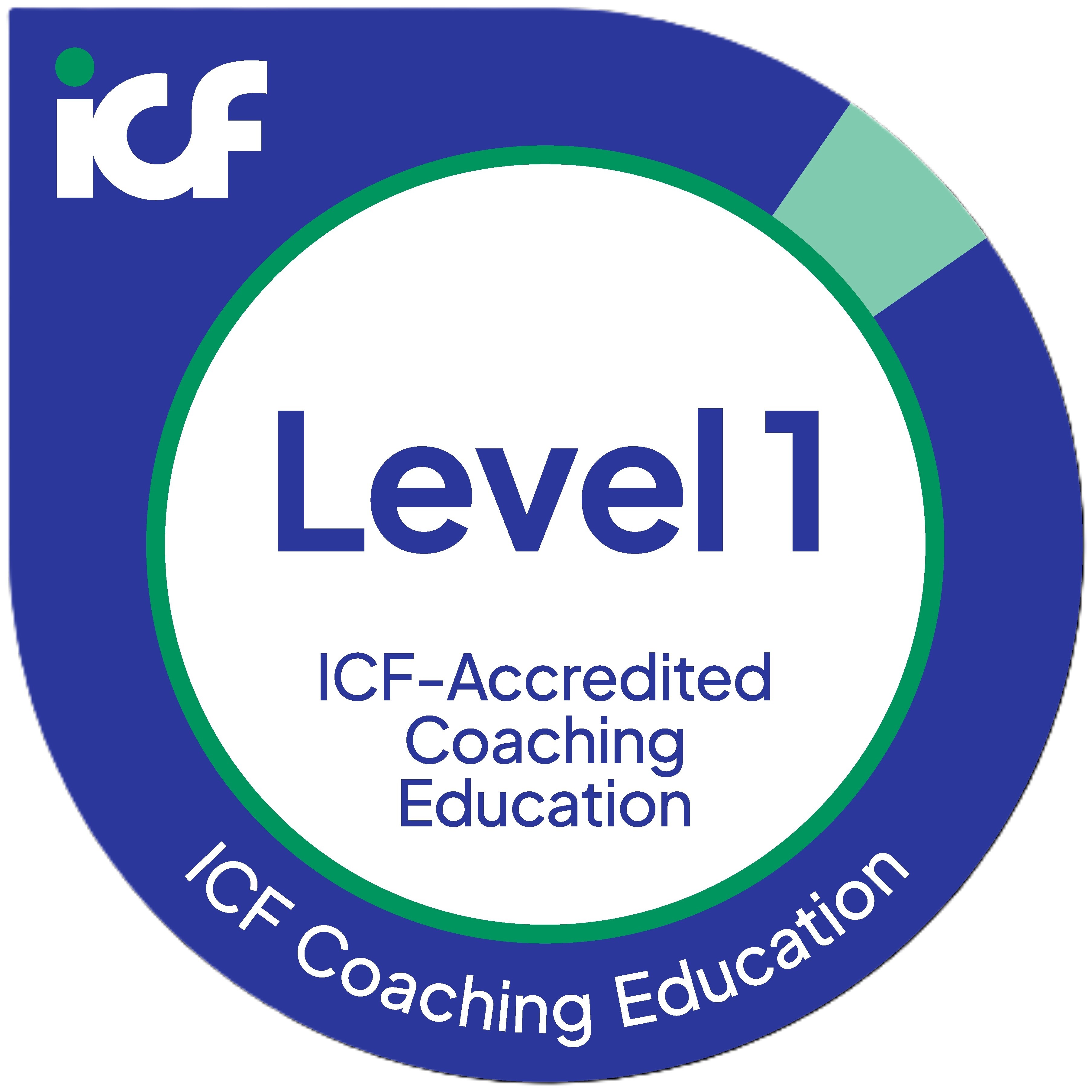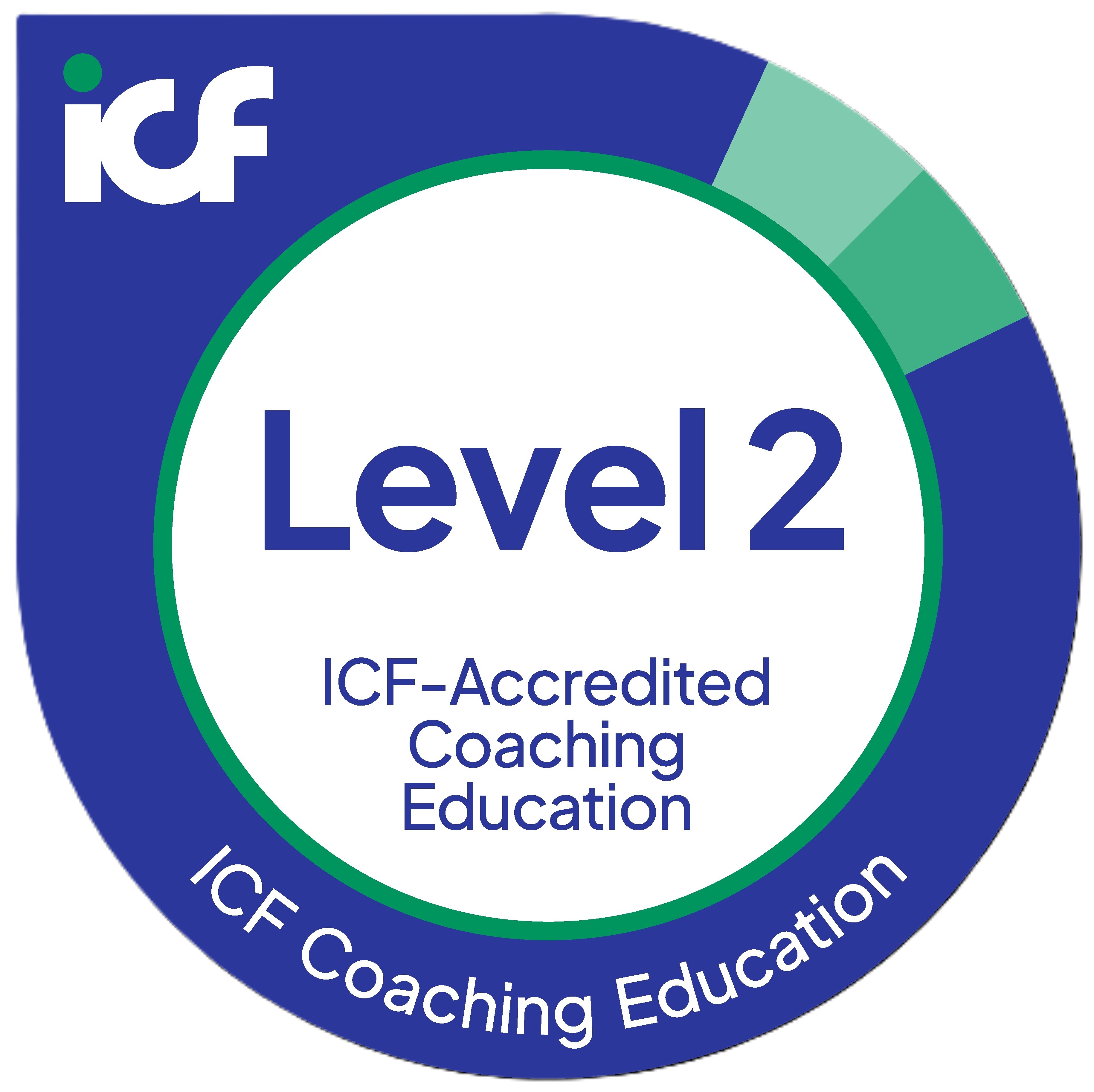
By: Kimberly Gleason
Coaching is one of the hottest trends in the workplace today, and there seems to be no end in sight. Why? The reason is simple: coaching gets results. Whether a manager aspires to lead her team more effectively, or an organization aims to surpass its goals, leaders have come to believe that coaching is instrumental in unleashing potential.
But because coaching is relatively new, only having been utilized widely in the last couple of decades, common myths still abound. Here are three:
“Yeah, I can coach.”
Working in the corporate world, I come across professionals who make this claim all the time. In my experience, most aren’t clear that there exist actual skills and a process or structure to coaching. To them, coaching means something like, “I’m not very directive, I inspire those I work with, and I ask good questions.” But coaching is much more than these kind of vague blanket statements. Coaching is a skill-set that requires comprehensive training and practice to be effective.
“Coaching is basically the same as mentoring or counseling.”
I’ll grant that coaching shares some basic fundamentals as mentoring and counseling. For example, all three are communication-driven practices. All three involve a measure of intimacy, yet professionalism. They aim to help people get from where they are to where they want to be. However, the context and the approach they take differ.
A mentor is someone who, having “been there, done that” (often in the context of career), helps a person get to where he, the mentor, is. The mentor is the expert; the one being mentored is not. The mentor shares from his experience, giving advice and offering ideas. A coach, on the other hand, considers herself a co-equal with the coachee, not the “expert.” The coach doesn’t share her ideas or give advice, but rather asks about the coachee’s own experience and talents, helping the coachee harness those experiences and talents to achieve her own goals. In essence, the coach doesn’t help a person get to where she, the coach, is but helps him get to where he wants to be. The coaching relationship is a collaborative one. Also, the coaching process results in a set of goals and action steps being outlined by the coachee. Because it’s typically informal, mentoring does not often have this kind of outcome.
While there are many different types of counseling, counseling, in general, is about helping those who have some kind of trauma, pain or chaos in their lives. Counseling typically involves dealing with the past and finding some kind of healing or return to a “normal” level of functioning. Coaching, on the other hand, is not past-driven, but future-driven. Unlike a therapist, a coach is not considered the expert. The client is actually in charge of the relationship. Also, unlike a therapist, a coach typically works with fairly “healthy” individuals who simply want more out of work or life, or who may have big aspirations they want to achieve. They are not necessarily in need of healing.
“Coaching takes too much time.”
I’ve already stated that coaching is a set of skills with a somewhat structured process. And all processes take time. But if coaching helps an individual to achieve her goals, then isn’t that time well spent? Does not incompetence cost even more in terms of time (and money)? No, leaders can’t afford to not coach. If they really want to take their organizations to the next level, if they believe in developing their staff, if they desire to empower their people, if they wish to unlock potential and drive results, they will take the time to coach.
Kimberly Gleason is a Grand Rapids-based personal and executive leadership coach, author of over 60 newspaper and magazine articles, professional speaker, and trainer. She specializes in helping leaders to improve individual and team performance, effectiveness, engagement, retention, and results. You can find out more about her free e-books, blog, resources, presentations, and programs at www.kimberlygleasoncoaching.com.




